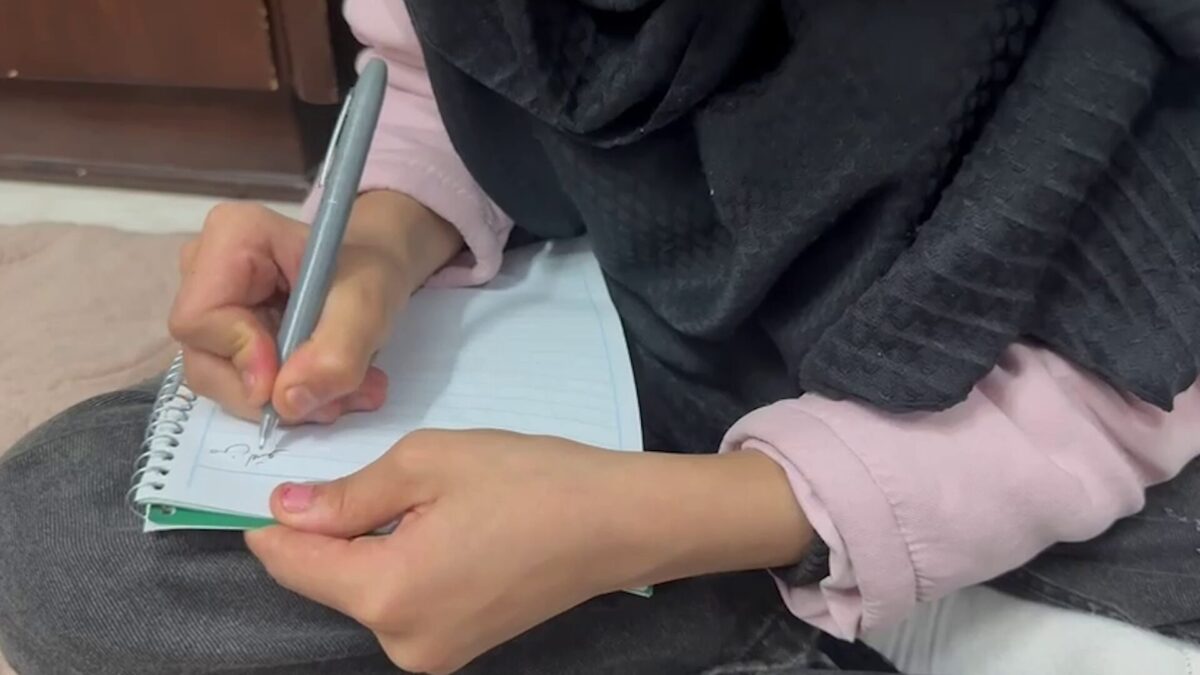They are urging the Islamic Emirate to provide opportunities for employment and education for themselves and their children.
Afghan migrants recently deported from Pakistan are facing a range of challenges upon their return to Afghanistan.
They are urging the Islamic Emirate to provide opportunities for employment and education for themselves and their children.
Ismatullah, one of the returnees who recently arrived at a camp in Kabul, shared his difficulties: “We ask the government to provide us with housing, jobs, and educational opportunities for our children now that we have returned. We have nothing—everything was left behind in Pakistan.”
Shafiullah, another returnee from Pakistan, said: “Educational opportunities should be provided for our children, and we should be given assistance. We were in a very difficult situation over there.”
On the other hand, the Ministries of Economy and Labor and Social Affairs have assured that efforts are underway to attract aid and provide employment opportunities for the returnees.
Abdul Rahman Habib, spokesperson for the Ministry of Economy, stated: “In cooperation with domestic and international organizations, we are mobilizing humanitarian aid for those affected by climate change, addressing the challenges of returnees from neighboring countries, building shelters, providing social services, and reconstructing public infrastructure in vulnerable areas.”
Samiullah Ebrahimi, spokesperson for the Ministry of Labor and Social Affairs, said: “In areas where Afghan returnees have recently arrived, a system has been activated to register their details, education, skills, and experience. This data will be used to create job opportunities for them in the future.”
Previously, the Ministry of Urban Development and Housing announced that it has prepared 60 residential townships across the country to support returning migrants.
 Afghanistan Peace Campaign
Afghanistan Peace Campaign



